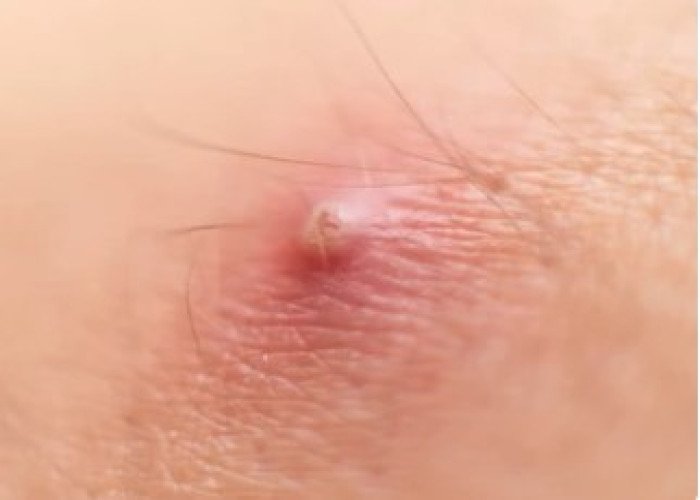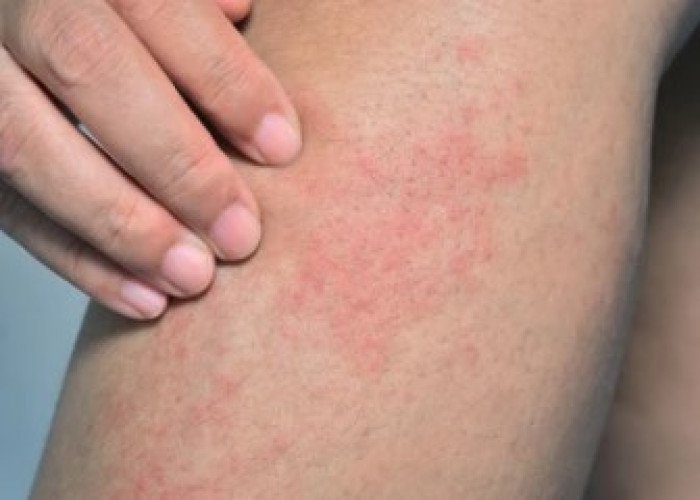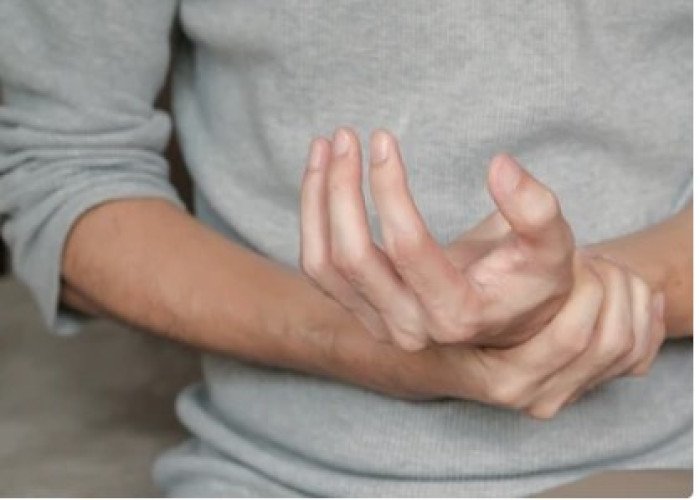 Welcome
Welcome
“May all be happy, may all be healed, may all be at peace and may no one ever suffer."
Bed-sores - Homeopathic remedies
Bedsores, also known as pressure ulcers or decubitus ulcers, are injuries to the skin and underlying tissues that occur due to prolonged pressure on the skin. Bedsores often occur in people who are bedridden or wheelchair-bound and can develop in as little as two hours.
Bedsores typically occur in areas where the skin is in direct contact with a surface, such as the back of the head, shoulders, elbows, hips, and heels. The severity of bedsores can range from mild redness to deep wounds that expose underlying bone and muscle.
Prevention is the key to avoiding bedsores. Some strategies to prevent bedsores include:
- Repositioning the body frequently, at least every two hours
- Using specialized pressure-relieving devices such as foam mattresses or cushions
- Keeping the skin clean and dry
- Massaging bony areas to increase blood flow and reduce pressure
- Encouraging regular exercise and movement when possible
Treatment for bedsores depends on the severity of the injury. Mild bedsores can often be treated with measures such as changing positions frequently, keeping the wound clean and dry, and applying a protective dressing. More severe bedsores may require medical intervention, such as surgical debridement to remove dead tissue, antibiotics to prevent infection, and specialized wound care.
It is important to speak with a healthcare professional if you or a loved one is at risk for bedsores or if you notice any signs of skin breakdown, such as redness or discoloration. Early detection and intervention can prevent bedsores from developing into serious and potentially life-threatening infections.

Malignant boil

Prickly heat

Uterine displacement

Paralysis

Liver inflammation

Depressed

Weakness of memory

Arthritis in neck
Bed-sores, শয্যা-ক্ষত
To be happy, beautiful, healthy, wealthy, hale and long-lived stay with DM3S.